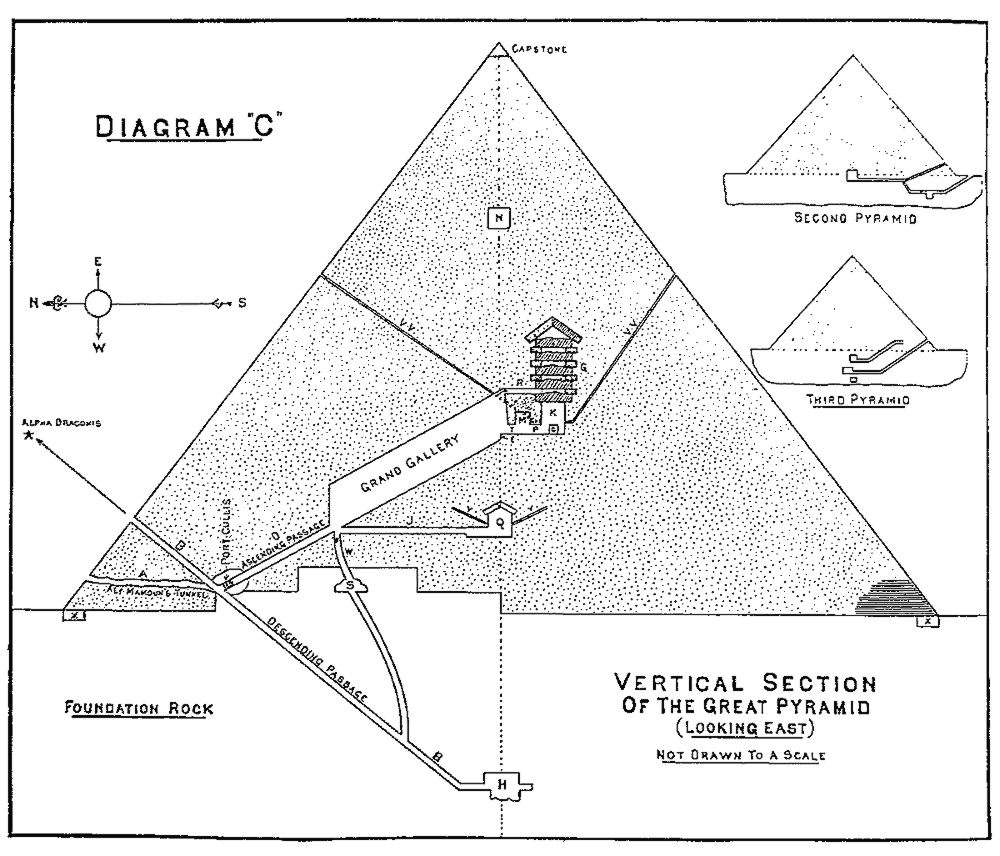Jope
No point to arguing unless we agree to the same meaning of the wrods.
You define "dispensationalism" and you show me how Paul accepted your definition.

That's what I was getting at.
Darby never invented dispensationalism.
Paul was a dispensationalist (Eph. 3:2).
"Dispensation" literally means:
"Dispensation
DISPENSATION, n. [L. See Dispense.]
1. Distribution; the act of dealing out to different persons or places; as the dispensation of water indifferently to all parts of the earth.
2. The dealing of God to his creatures; the distribution of good and evil, natural or moral, in the divine government.
Neither are Gods methods or intentions different in his dispensations to each private man.
3. The granting of a license, or the license itself, to do what is forbidden by laws or canons, or to omit something which is commanded; that is, the dispensing with a law or canon, or the exemption of a particular person from the obligation to comply with its injunctions. The pope has power to dispense with the canons of the church, but has no right to grant dispensations to the injury of a third person."
Webster's 1828 Dictionary
And so, a dispensation is a (divine) time of dealing or "administration" with mankind. This doctrine (of different times of divine dealing with mankind) is found in the scriptures.
Now, though it is not
explicitly stated in scriptures, a failure on the part of man in dispensations can be seen.
A Dispensation, as
Darby would define it,
"It is not my intention to enter into any great detail, but to shew simply how,
in every instance, there was total and immediate failure as regarded man, however the patience of God might tolerate and carry on by grace the dispensation in which man has thus failed in the outset; and further, that there is no instance of the restoration of a dispensation afforded us, though there might be partial revivals of it through faith."
- Underline emphasis mine.
John Darby, Apostasy of the successive dispensations, para. 4
Darby never invented the "failure" concept. This concept goes way back to before Clement of Alexandria, though this doctrine can be found in his book "Book 5, Elucidations, III" (
150-215AD), where it speaks of his instructor Dr. Jarvis as mentioning the "failure" concept in a dispensation.
This doctrine (of man failing throughout dispensations) is found in the scriptures.
Personally, with Darby and Clement's instructor, Dr. Jarvis' "failure" definition, there are two dispensations that I question (to be scripturally consistent with their theory). One being the dispensation of promise, and how man failed with this dispensation. I also question our present dispensation, and how man is to fail in this dispensation.

